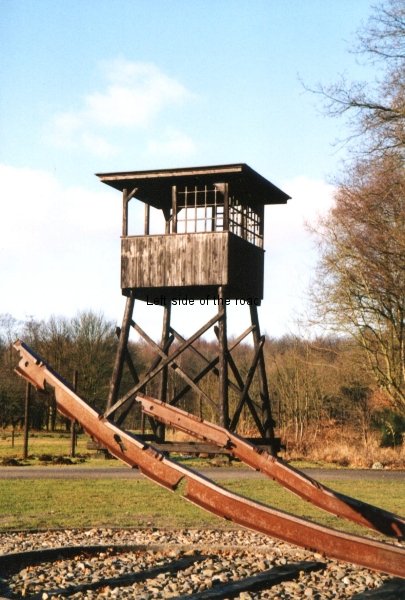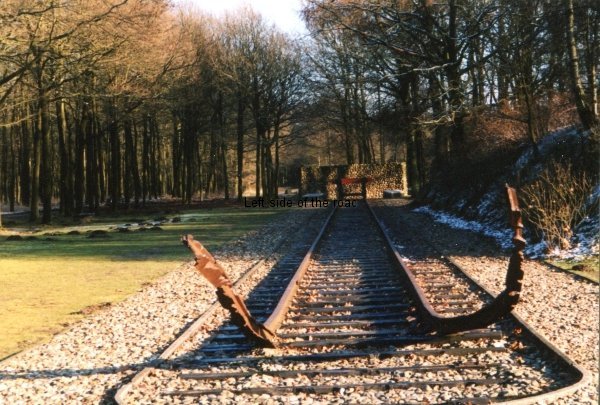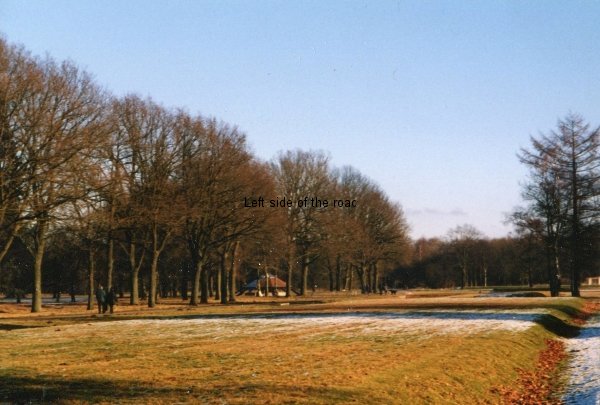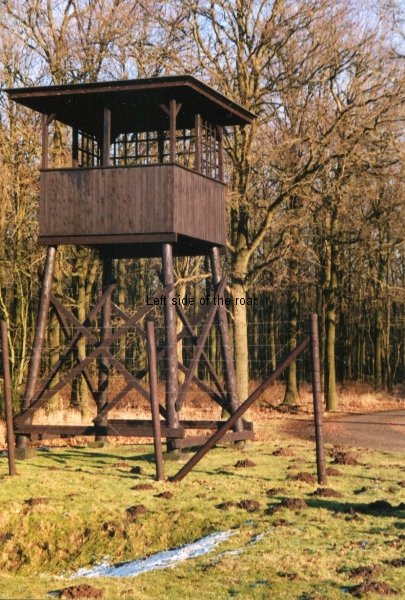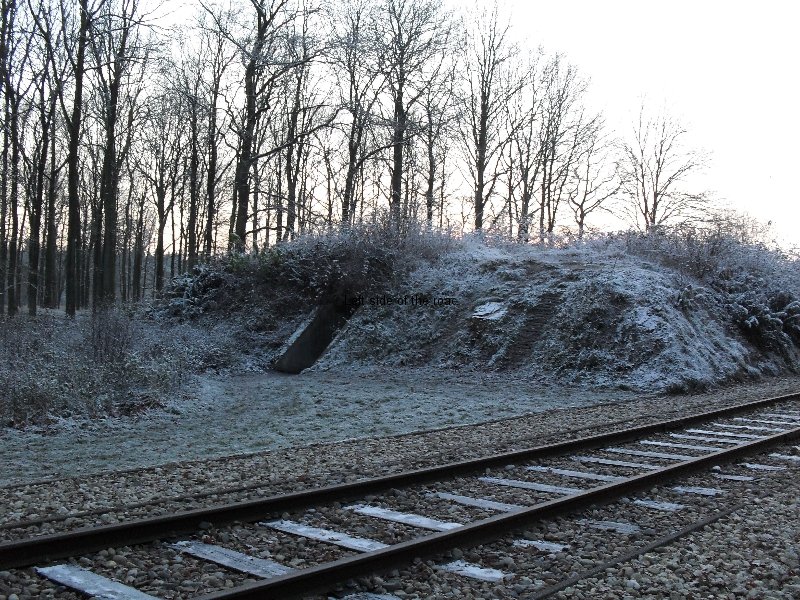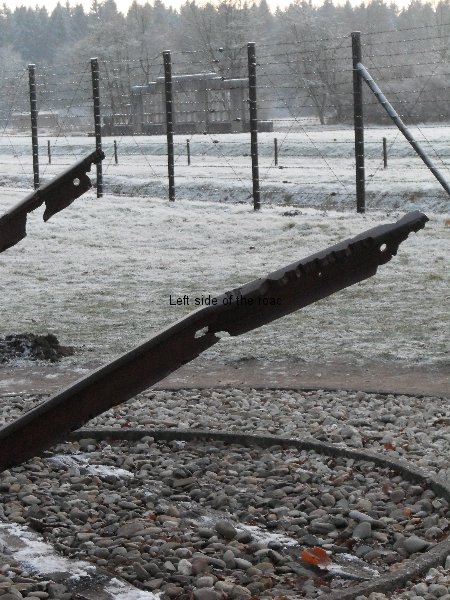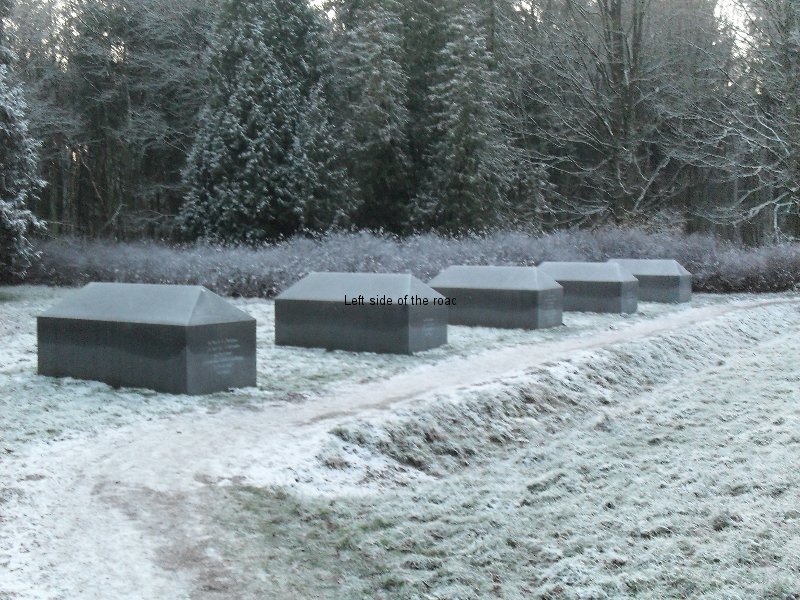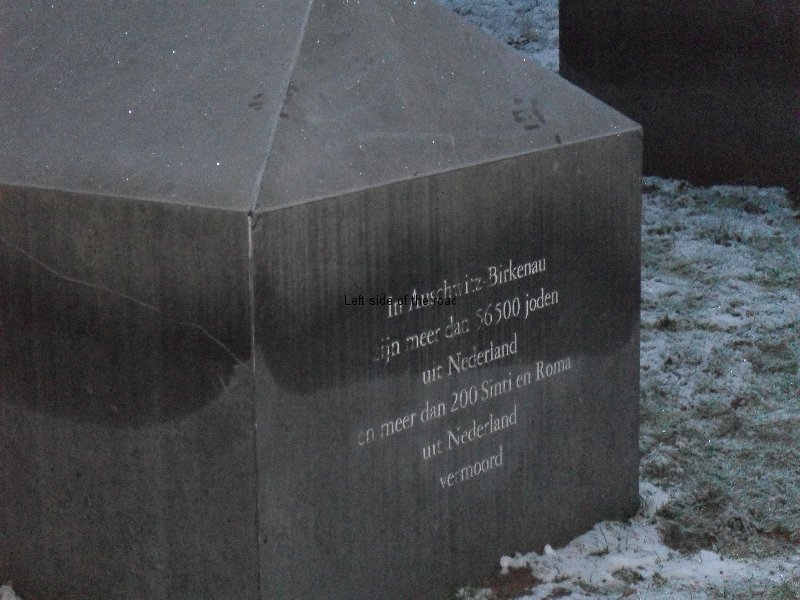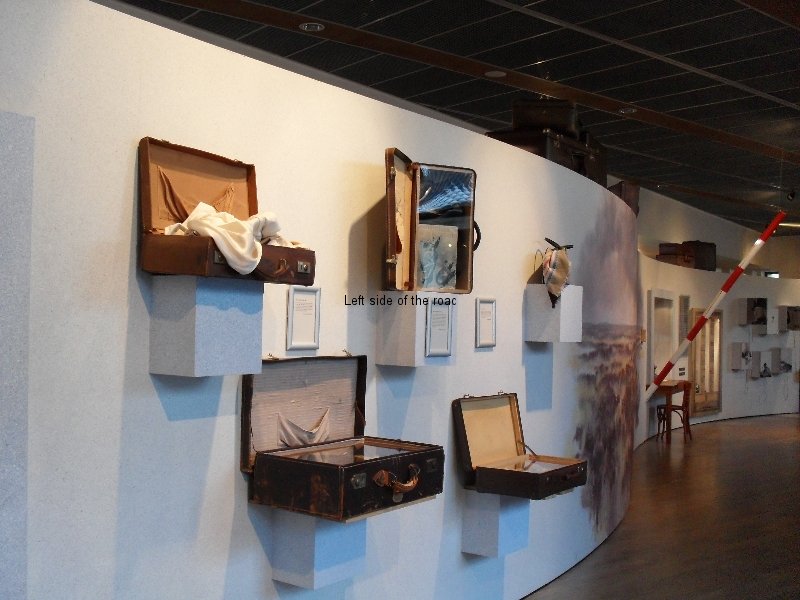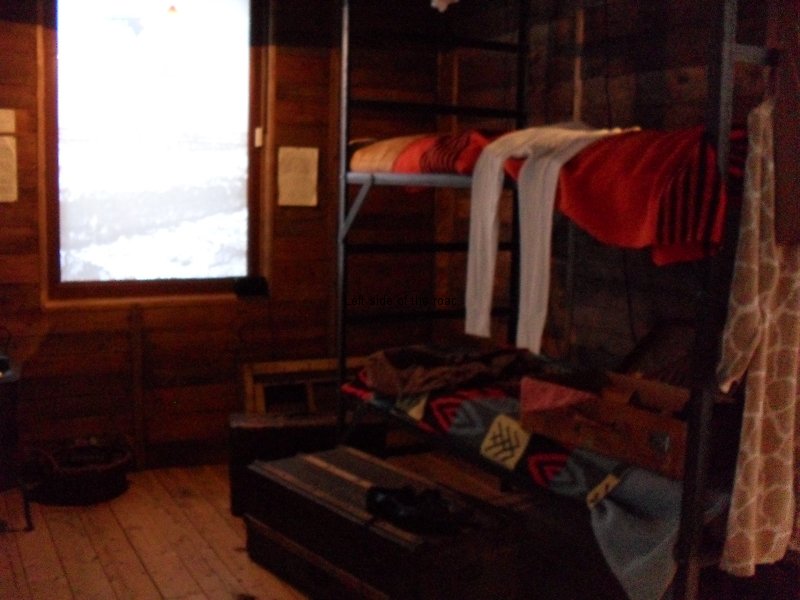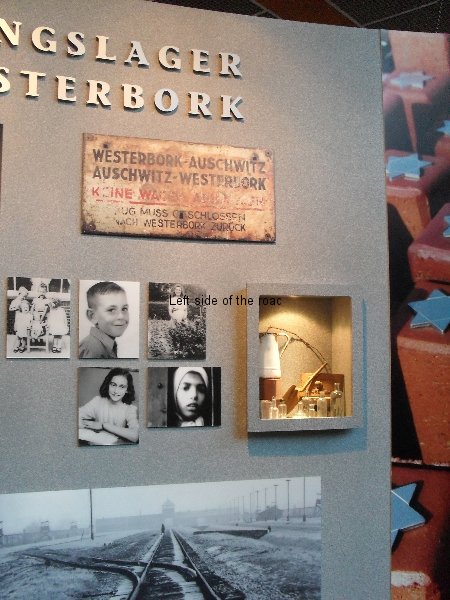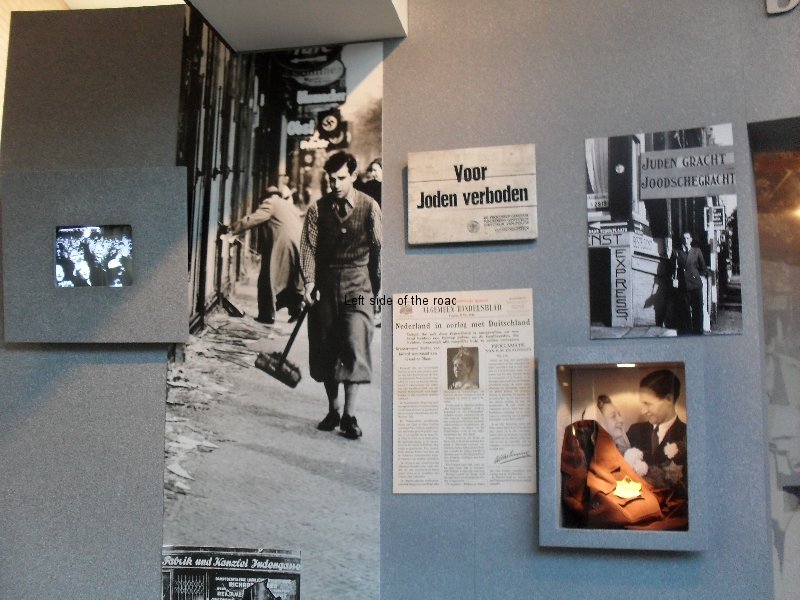‘Just because you’re paranoid doesn’t mean they aren’t after you.’
Joseph Heller, Catch-22
The director, Alex Gibney, has stated that his ideas changed when making this film. At the beginning he thought it was about the ‘machine’ but what it’s actually about is ‘wildly complex, interesting and extraordinary people’. And his depictions of these people, particularly the two who are in the forefront of the controversy following the massive disclosure of secret US files in October 2010, Julian Assange and Bradley Manning, says a lot about those who bask in the limelight of others but disappear back under their stones when the going gets tough.
Once the Obama administration became aware of the imminent disclosure of their illegal, vicious, murderous and reckless activity, first in Iraq and then in Afghanistan, they declared all out war on their perceived enemies. Their principal targets were a successful Australian hacker and a young US soldier working in intelligence analysis in a quiet Army base outside of Baghdad.
The hatred that the American establishment has for these two individuals is palpable and comes out clearly in the documentary. State officials, including the supposed liberal (and at one time possible first woman US President, Hilary Clinton) as well as ‘shock-jock’ TV presenters and head-banger right wingers predicted the end of the world as we know it and some of these crazies even called for ‘contracts’ to be taken out on Assange – they don’t need to do that for Manning as he’s already in their clutches.
This approach is contrasted with the ‘reasoned’ and quiet declarations of the avuncular Michael Hayden, at one time head of the National Security Agency (NSA) and the Central Intelligence Agency (CIA), filmed at the bottom of a dark wood panelled staircase, a location oozing wealth and power. Being head of the CIA, one of the biggest criminal organisations in the world with a history of destabilization of legitimate governments and their substitution with neo-Fascist regimes, such as in the Congo in 1961 and Chile in 1973 (to mention only two) he would have an insiders knowledge of the secrets the US doesn’t want the world to know about.
But for all his soft-spoken words he revealed ‘secrets’ of his own and the title of the documentary comes from his admission that ‘we (the US) steal secrets’. Now that’s no real revelation and only those who are extremely naive would be surprised by such an admission. But by admitting the truth of what the western intelligence agencies are doing, and have done for decades, he merely exposes the imperialist countries for the hypocrites they are.
For 45 years, during what was known as the Cold War, western propagandists tried to make people believe that it was only the evil communists who were gaining information about their own populations. What this approach lacked was any historical context and background. In the same way that individuals can be accused of paranoia the socialist countries were very much aware of the activities of foreign imperialists in trying to destabilise their societies. For example; the British and American attempts to foment unrest in Albania; the support given to Greek Fascists in their fight against progressive, anti-Fascist forces: and the open support provided by the west in fomenting disorder in Hungary in 1956.
In the film Hayden tries to give the impression, without actually saying so, that the stealing of secrets was from the enemies of the United States’ much vaunted (but rarely experienced by the vast majority of the population) ‘freedom and democracy’. This interview would have taken place long before the most recent disclosure to show up western imperialist hypocrisy by Edward Snowden. The PRISM programme showed that the US will spy on anyone and when caught out the reply from the administration was that it’s data collection would protect the American people from ‘terrorism’, the cover all for anything since the attack on the tower blocks in New York in 2001.
An investigation in Britain into the legality of what GCHQ (the British government’s spy centre) did in relation to PRISM, and also in the bugging of ‘friendly’ countries diplomatic representatives during conferences in the UK, came to the conclusion that it was all legal – surprise, surprise. And no doubt these activities are legitimate in the US as well. But this legitimacy is merely based upon the will of 535 people in the US and 650 in the UK – the numbers on the respective parliamentary legislatures. Due to a parliamentary fetishism that exists within those two countries these decisions do not get challenged, they may be legal but are they what society in general wants?
Wikileaks seeks to ask that question by releasing documents that are normally kept from the general population even though they are the ones who have provided the resources that allow governments to carry out their activities on the national and international stage. Even though here is a mad rush to privatise everything in sight in most countries throughout the world it’s still the public who pay billions of pounds to prop up the military/industrial complex that is such an important player in the field of espionage. So the people involved are ‘public servants’ but how often are the accountable to, and do they really serve, the public?
But this issue, this principle, seems to get forgotten in the second half of the film. Those who are in support of Assange at the beginning find reasons to distance themselves from him at the end.
The reasons?
‘His paranoia means that he thinks everyone is out to get him’. Paranoic he might be, but there seems to be a lot of reasons for that.
‘He considers the cases brought against him by the two women in Sweden are part of a ‘honey-trap”. This gets complicated. But the sequence of events is strange. The call for his extradition only comes after the US is upset about the leak. Part of this argument is that the US would never put pressure upon another sovereign government for its own aims. In the same way that none of the governments that refused air space to the flight of the Bolivian President when it was thought that the latest whistle-blower, Edward Snowden, might have been on board, would ever had done so at the behest of the US Government. Also, without going into the details of the case, the issue with the women seems to revolve around a HIV test rather than actual forced rape, I assume an anomaly between Swedish and British law in this matter, but something that hasn’t been made clear in reporting in this country.
‘He considers that if an Afghan civilian is exposed as helping the invading forces he should accept the consequences of his actions.’ Now in all these wars of imperialist aggression the assumption is made that ‘we’ ( and I don’t include myself in that ‘we’) are the ‘good guys’ and all the rest are murdering blood-thirsty, indiscriminate terrorists. It’s not terrorism to kill innocent people (for fun) from a helicopter gun-ship half a mile up in the sky but it is terrorism to plant a bomb by the side of the road in an ambush of invading forces’ troops.
The good guys invaded Iraq with spurious and – we later learnt – totally erroneous intelligence and was hence an illegal war in the first place. But anyone, Iraqi or other, who considers that this invasion should be resisted is automatically condemned as a terrorist. This is surely the same stance taken by the invading Nazis in WWII towards resistance fighters in the occupied countries.
There was also a point that I found strange. Wikileaks promises total anonymity and untraceability, on their website, to anyone who wants to send information. But whistle-blowers can feel isolated and worry that they might be exposed. Now Bradley Manning was not exposed by anything published by Wikileaks but by a pathetic one time hacker who saw more fame and fortune by whistle-blowing on the whistle-blower and we are treated to his crocodile tears towards the end of the film. Due to that betrayal Manning is now undergoing a show trial in a military base in the US. But for some reason some of the erstwhile friends of Assange consider that there should have been some structure that could support whistle-blowers in the future. What world are they living on?
The whole persecution of both Assange and Manning is being made front page news in order to deter future whistle-blowers. Yes, the US administration (and other western governments) are angry at these two individuals but the reason for the high-profile trials, the potential punishments up to and including the death penalty and the extremist statements are all geared to prevent others from doing something similar in the future.
The attitude of the New York Times (which was characteristically pusillanimous and sycophantic), the self righteous British journalists and Gibney in this film in finding ways to not be seen to be associated with Assange (although with the argument that they are doing so to protect their own ‘integrity’) will only make the goal of the secretive states to act with impunity in the future all that much easier.







